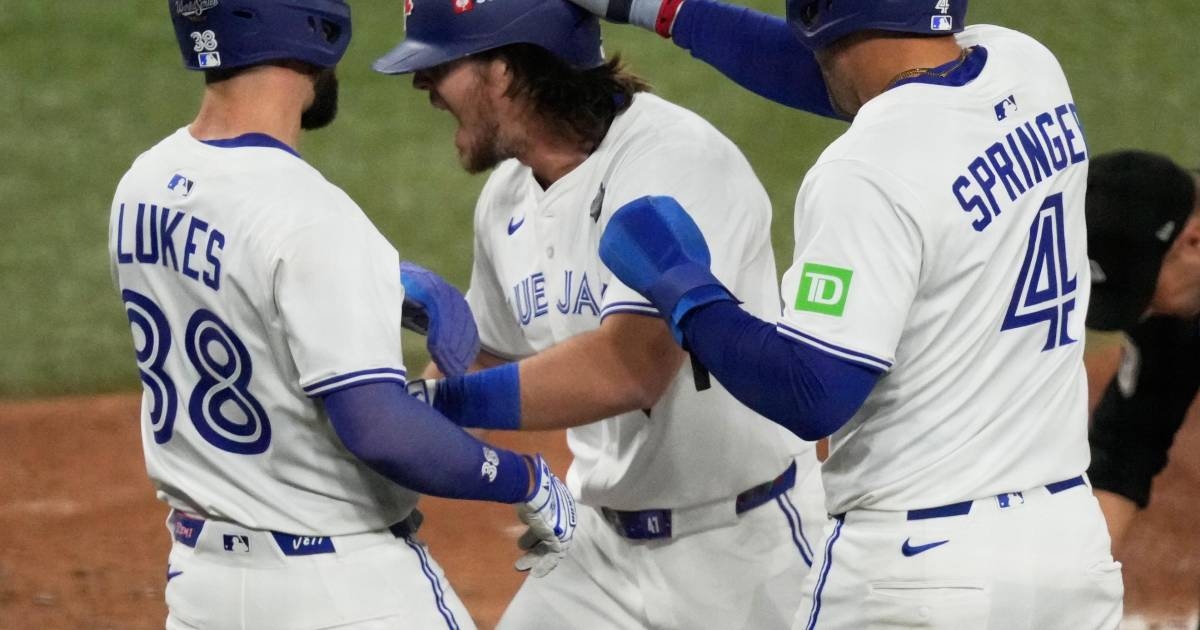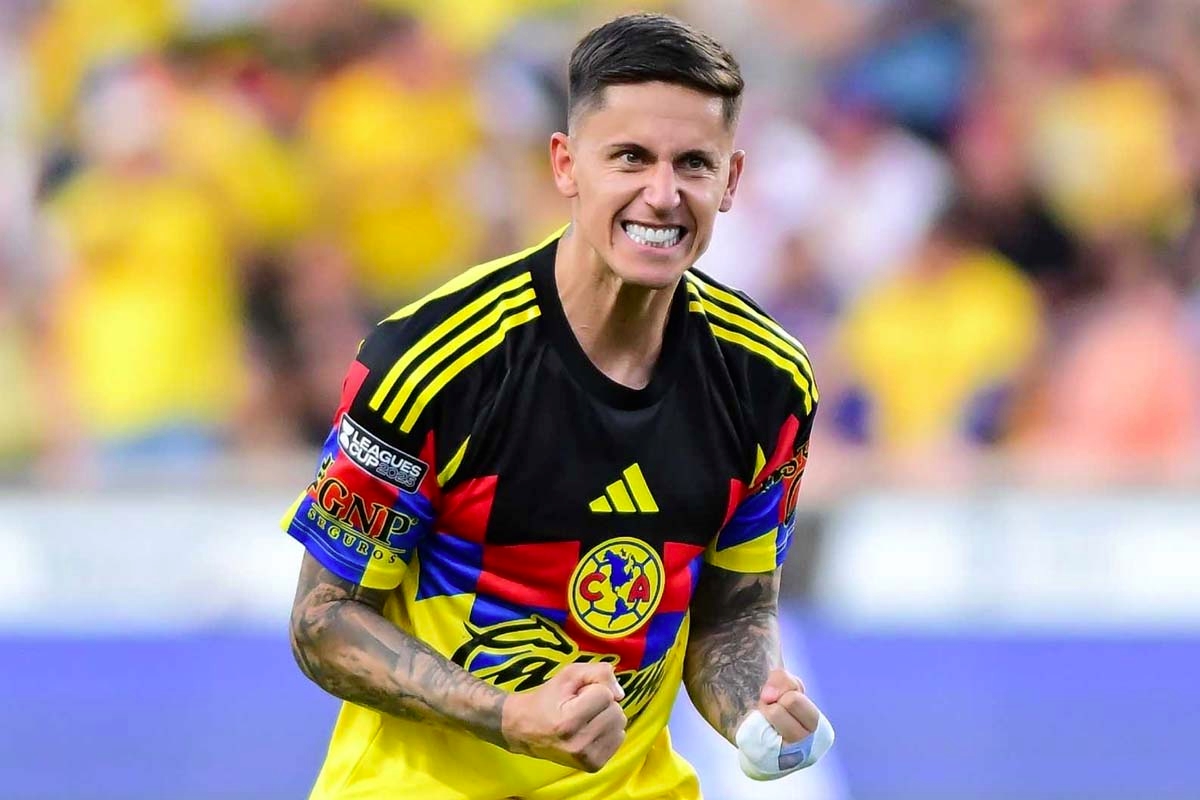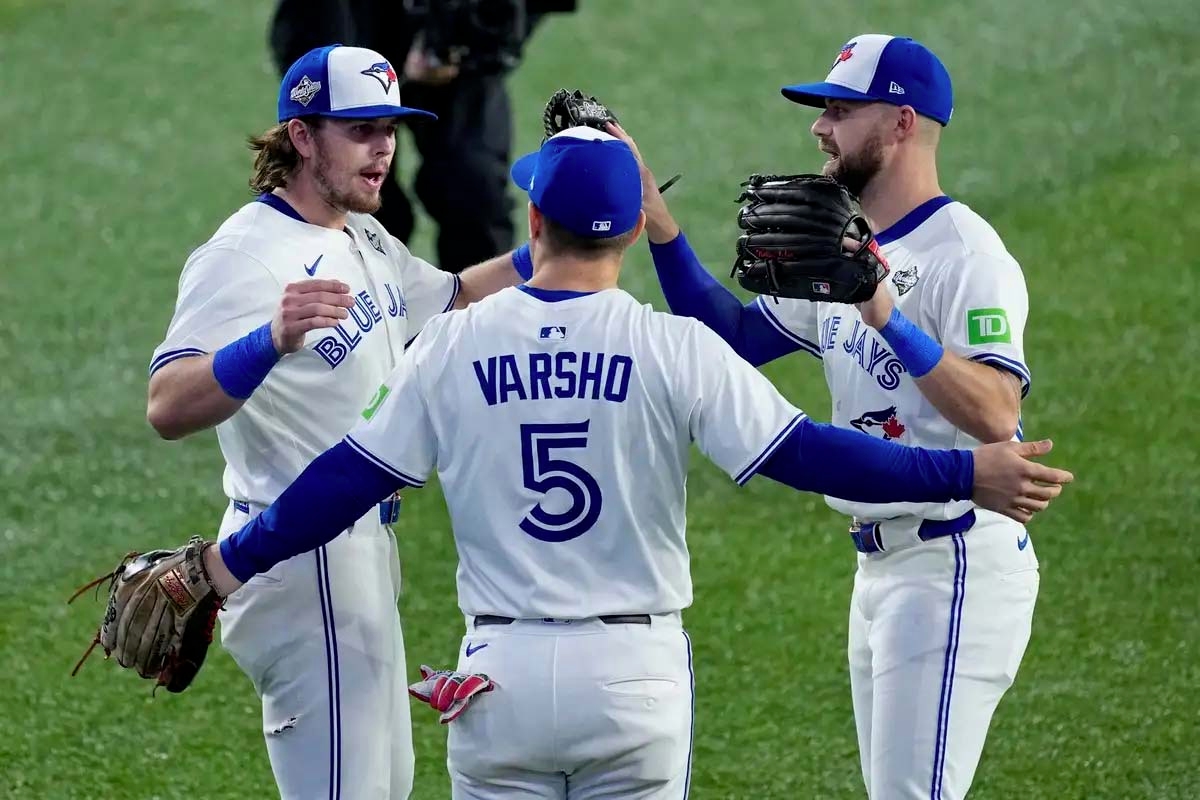Juan Sebastián Verón: Estudiantes' project to unite football and education

In his role as president of Estudiantes, he promotes a new form of management based on transparency, education, and economic sustainability. In Conversations, he discusses the future of Argentine soccer, the possibility of opening clubs to private capital, and the challenge of keeping the passion alive while the sport modernizes.
“Private investment doesn't kill passion. The two can coexist,” says Juan Sebastián Verón, who thus summarizes one of the central ideas of his vision for the future of Argentine football: the need to innovate, professionalize management, and open up new forms of financing without losing the social essence of clubs. A champion with Estudiantes and current president of the La Plata club, Verón is establishing himself as one of the most innovative voices when it comes to thinking about the sport from a modern perspective, where passion coexists with planning and sustainability.
In this regard, in Conversations, he spoke about education, leadership, and management, but also about the possibility of clubs going public, opening up to private capital as a driver of development, and the balance between identity and evolution. With a vision that combines experience, sensitivity, and management, the former Argentine national team leader proposes a club model with solid roots and a vision for the future.
-Bruja, it's a pleasure to have you here. Today I'm at BYMA, Argentine Stock Exchanges and Markets. I'll give you my PIN and tell you something: Estudiantes is going public. It already did so with deferred payment checks; it was a pioneer in public offering transparency. And we're going to do it.
First you have to work on it.
Managing a club must be harder than running a company. In a company, you can separate emotions, but in football, you can't. Anyone can create something, but transcending requires other values. You, your last name, and Estudiantes transcended. What values do you think are fundamental to that?
Belonging, rootedness, disinterest in material things, love, and passion. These are what keep identity alive.
-Many players return to Estudiantes, even after years away. There's something different there.
Yes. Returning to the club has several meanings. There's a personal aspect, of course: the desire to return to where you started. In my case, taking the bus, walking to the stadium, those little things that shape you. Over time, the club changed, as everything has, but it still has that common thread: it's a club that embraces you. From the moment you arrive, everyone is there for you; they go out of their way to make you feel good. That shows. The Estudiantes fans have a different kind of bond with their players. There's a level of demand, yes, but also affection.
When I started, the club was difficult. I wouldn't say abandoned, but it certainly lacked a lot. It wasn't a friendly place. And that changed, not only because of the sporting results, but because of the institutional quality that was built. And that quality comes from the people: the management, the employees, those who open the doors every day. That's why you always want to come back.
Speaking of institutionalism, Pacha Pachamé told me that your father's team had nine or ten university students: Madero, Bilardo, Manera, Echecopar... and that the difference was in the education. Today you're promoting an educational project within the club.
In the last Copa Libertadores champion squad, out of about fifty players, almost thirty finished high school at the club. That's no coincidence. We've had a high school adapted to the needs of the kids who play for ten years. Football occupies their entire mind; it's their dream. But we also have to teach them that studying isn't a burden, but a tool.
Many trained, ate in a hurry, rushed to school, and ended up dropping out. So we created a school that supports them, that understands them. If they don't pass subjects, they don't play, and it's not a punishment: it's a lesson. Today, kids understand this. And when they finish, they struggle to continue studying, which is why we opened a tertiary school and now we have a university, adapted to sports. Not just for soccer players, but as a broader educational project.
-Education as a social equalizer, as containment.
Exactly. I've heard it many times at the club. Prince Sosa, for example, said they helped him a lot when he was a kid. And those things leave a mark. Supporting from a human perspective is also developing players.
-Something you said stuck with me: "Out of a thousand you see running, three finish." How do you handle the frustration of those who do everything right and don't finish?
Many people do everything right: they get up early, eat well, rest, train. But football has a random element. It's the right moment: the coach sees you, the opportunity that appears. You can do everything right and still not have it happen. That's why football should be a tool, not an end. It's a beautiful dream, but also a cruel one.
-You give up a lot of things for that dream.
The kids start very early. Many come from the interior, some as young as twelve, to live in the boarding house. If you think about it as a parent, having your twelve-year-old child say "I'm leaving" is incredibly hard. And most don't make it. That's why we try to support them, show them other options, and above all, tell them the truth. If you know it won't happen, don't say it will. You have to take care of them, be honest, and help them.
-Education also helps to process that.
Of course. Besides, football is still riddled with machismo: "You can't cry," "Don't show your emotions." That's repressive. There are kids who play because their father pressures them, not because they want to. And it shows. I've seen kids who quit, who later went on to pursue film, writing, or studying, and were happy. Some even returned to the club in other roles. That's also success.
-In your case, was being "the son of Witch Verón" a burden? And your son?
Deian had double the pressure. In my time, there were no social media platforms. You didn't know who was saying what. Today, kids live with that on their shoulders, and they're more sensitive. I heard Di María say that opinions affected him. I only felt the weight of the name when I was a professional, when I saw the newspapers about "the son of the Witch."
-And as a leader, how long have you been?
Since 2014.
-Were you underestimated because you came from football?
Yes, even within Estudiantes.
-Where did you learn to manage as you do today?
From the places where I played. I learned a lot at Manchester and Inter. They were clubs with impressive structures, and they served as a reference for me to think about what I wanted for mine. I also relied on people I greatly respect: Pepe Sánchez, Agustín Pichot, and Mariano Bessone. When I took over at Estudiantes, the stadium had enormous debts. I opened my desk drawer and there were seven checks written. I had to put my thoughts aside and deal with the urgent matters. Over time, I was able to think again about the club I wanted to build.
-How much does passion influence decision-making?
At first, a lot. My transition was very short, from the court to the desk, and that takes its toll. Over time, you learn to balance. You understand how difficult it is to make decisions with your head when everything around you demands decisions from your heart.
-If Estudiantes were listed on the stock market, how would you balance passion and private management?
I believe they can coexist. Private investment doesn't kill passion. Balance is key. I don't believe that those who put in money don't feel anything. On the contrary, they can boost the club's growth. Argentina could have a unique system where the social and business aspects coexist. But it's complex, because here we always live on the edge.
-How do you imagine the club in ten years?
Completely different. With more infrastructure, a functioning university, private capital that contributes without disrupting the essence. And, who knows, a publicly traded club. But always with its social roots intact: the club as a space for belonging, study, work, sports, and community.
-In your experience, what did you learn as a leader?
The biggest mistake is underestimating situations. You have to surround yourself with people who know more than you. Ego betrays you. You have to have vision, teamwork, and courage. That's all.
-You decided to create the club's own clothing brand. How did it come about?
We'd been thinking about it for a while. We saw that brands weren't investing, and the relationship was unstable. We said, "Between not earning anything from others and not earning anything from our own, let's do it ourselves." And we did. At first, it was trial and error: materials, logistics, everything. But it had a great response. Today, it's the club's flagship project.
-What are the main sources of income today?
First, player sales. Then, membership fees. Then advertising, brands, and television.
-There is a lot of youth on the court.
Yes, we did a study: 40% of members are under 40. There's a future. And we have to work to increase it. But times have changed. Today, it's harder to build relationships, there's less face-to-face dialogue, more screen time. In football, where you have to build empathy and get to know others, that's felt.
-And how do you handle the pressure to sell players?
It's part of the institutional project. If there are good young players, they have to play, because that supports the club's finances. But it's not imposed. We work together with the coach.
-Today coaches have more influence than before.
Much more. Before, people talked about Sacchi's Milan; today, people talk about Guardiola before Manchester City. Everything has changed. Before, you used to do ten-day preseason runs without touching the ball. Today, training is segmented, shorter, more analytical. Preparation is a different story.
-In your time, public schools were level-headed. Today, social gaps are enormous. How does that impact you?
It's a serious problem. Football requires intelligence, understanding, and quick thinking. Before, it was enough to cover your area. Today, the game requires you to think more. And kids arrive with a lot of pressure: family issues, financial problems. That's why in the youth teams there are large coaching staffs, psychologists, assistants, coaches, neuroscientists. We seek to support them from every angle.
-Kids today face different problems: gambling, anxiety, social media. What would you say to parents?
Let them be happy. Don't pressure them. Kids suffer from the uprooting, the anxiety, the demands. They feel they have to succeed so as not to disappoint. And that weighs on them. Some quit because of it. You have to support them, not impose them.
-You are very committed to the community.
Clubs today fulfill the role that public schools once held. They are spaces for education, nutrition, psychology, and support. Previously, the classroom was occupied by the doctor's child and the worker's child. That's been lost, and the club maintains it. That's why we have an obligation to take that place and strengthen it.
"It's been a pleasure talking to you. I've seen you get emotional so many times; dedicate this moment to Ruso Prátola."
He was a great friend… and he is always there.
lanacion






